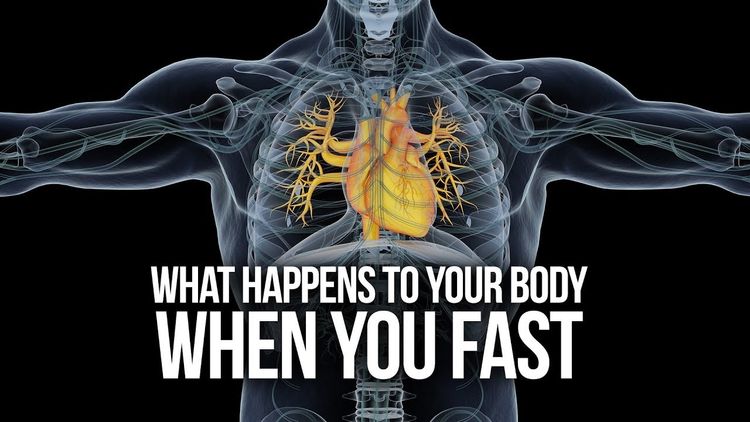
The holy month of Ramzan brings several spiritual benefits with it. But did you know that there is more to fasting than just that? Not only does it help the believers in rejuvenating their faith, the benefits of fasting reach our daily lives and cause major shifts in the way our bodies operate.
Avoiding food is a major part of fasts and maintaining it for around 10 to 20 hours (depending on where you live), has various effects on the human body. Today, we tell you what really happens to your body when you perform a dry fast (in Ramzan) and depending on how long you fast for, here’s what happens to your body.
As you eat, food is broken down into nutrients as it is processed through different phases of the digestive system. These nutrients are absorbed into your blood stream while your insulin and blood sugar levels rise. About half of what you eat is turned to fat and stored inside different parts of your body.
Here’s what happens in Ramzan as you go about your daily routine.
You eat during the first Sehri of Ramzan and your digestive system starts working as normal. Food is turned into nutrients and spread to cells all across the body.
The digestion process takes hours from the time you have your last bite. Usually about eight hours after you eat, your body starts to crave for more food.
In the normal state, body glucose is stored in the liver and muscles. It is the main source of energy for you to move. The main metabolic functions are performed by the brain, liver and muscles using glucose. During a fast, all the glucose that is stored in your body is used up first.
As the body’s need for glucose rises, it begins to use fat as its next source of energy, converting it to fuel itself. Until its Iftar time, your body continues to burn up fats in your body, resulting in weight loss and that too without any serious side effects.
As the month of Ramzan progresses and you continue to fast, your body begins to learn from your new schedule. Instead of relying on glucose from your food, it shifts to fat as your main source of intake and burns through it first.
Since Muslims fast only from dawn to dusk, the body’s energy is replenished daily during Sehr and Iftar. This helps train the body to avoid using muscle or protein as a source of energy.
Only during long fasts that last several days does your body begin to eat through your muscles resulting in several side effects. This is also called starvation. But since Muslim fasts are broken just before that, our body only trains itself to the routine making the body stronger and more resilient to challenging tasks.
Since fat is used as an energy source during Ramzan, your muscles are preserved. This eventually leads to reduced cholesterol levels. The benefit here is that, for diabetes patients, you gain better control over it as your blood pressure is normalized.
After a few days, a high level of endorphins (hormones related to mood) appear in your blood making you more alert and give you a feeling of well-being. Your brain becomes more active and your mental awareness increases.
Recent research has shown that once you fast, damaged cells are consumed making way for new white blood cells when you replenish you energy.
According to an anesthetist from Oxford, dry fasting for such a duration can introduce a minor detoxification process which can have positive effects throughout your body.
To put it simply, we can say that the following advantages can be availed by Muslim believers who fast during Ramzan:
Since the web is full of stories which claim several other benefits of fasting, we will try and debunk several of the myths surrounding fasts which are not applicable to Muslims or are simply not possible.
Simply fasting does not guarantee you the benefits mentioned above. A binge-eating spree or by stuffing yourself with oily foods, there’s no doubt what happens instead. Not only does it make you fatter but you also don’t receive the maximum possible benefits of fasting.
After all, fasting is all about teaching self-control. Moderation is the key word here.
Hope this post helped you learn about the numerous health and bodily benefits that you can accrue during the holy month of Ramzan. Happy fasting!